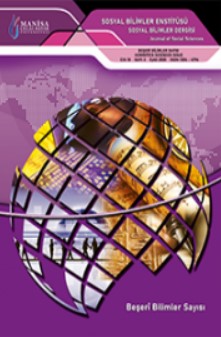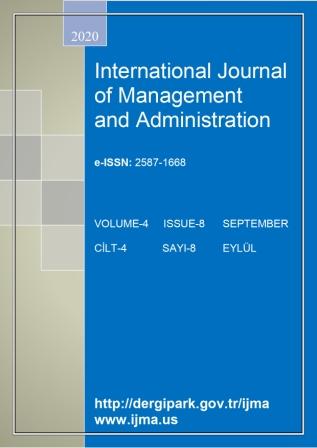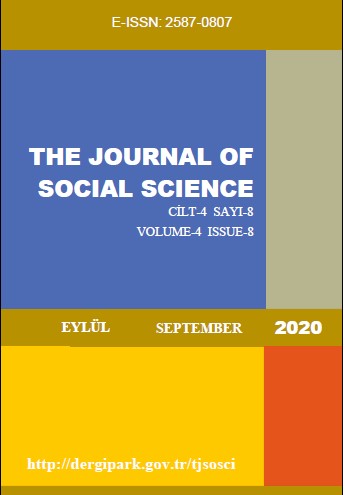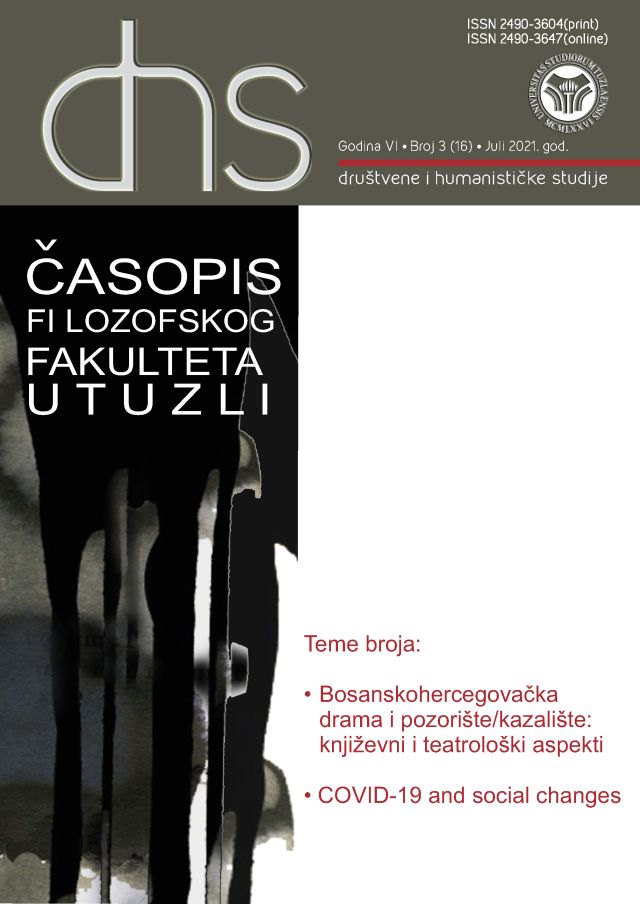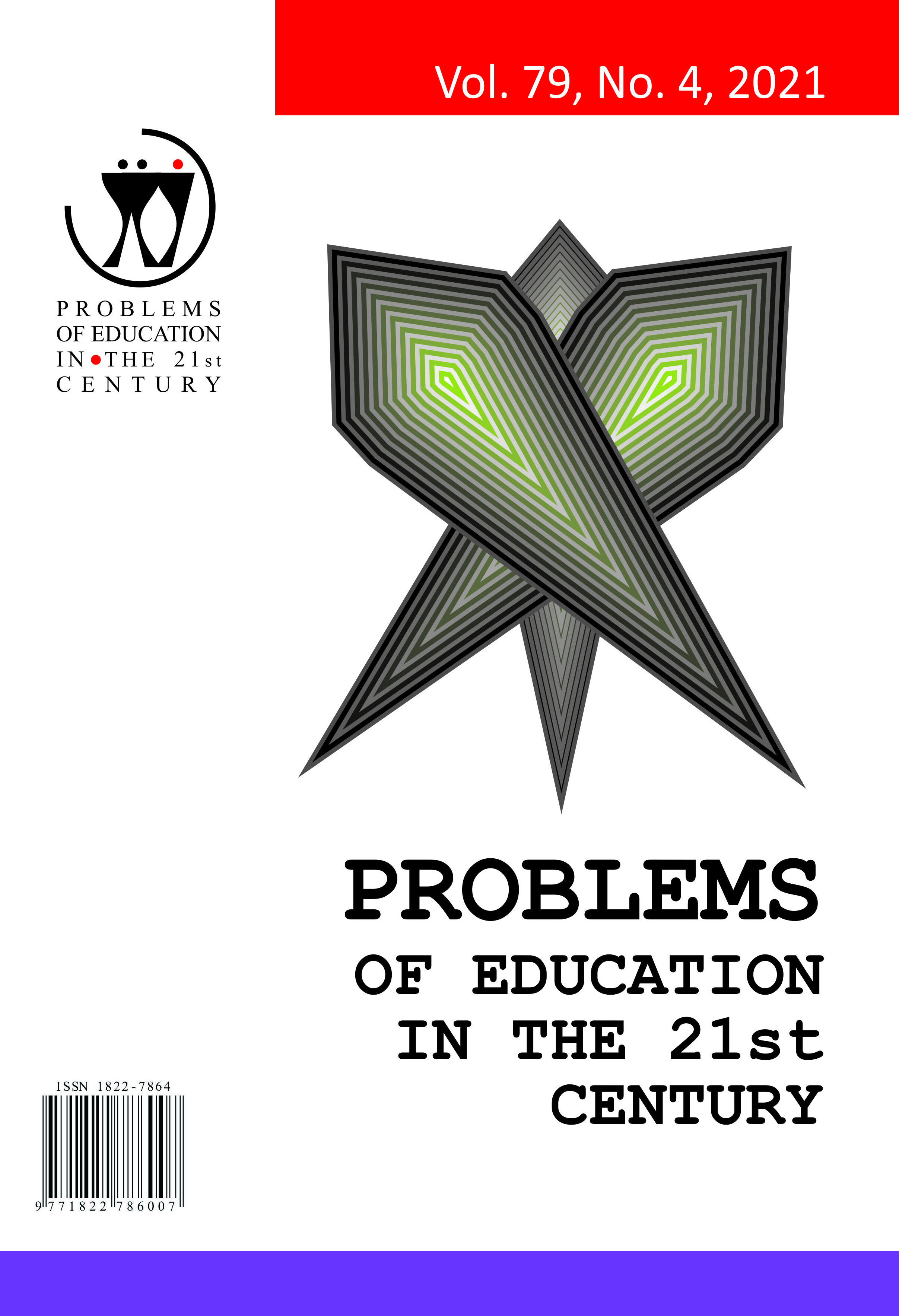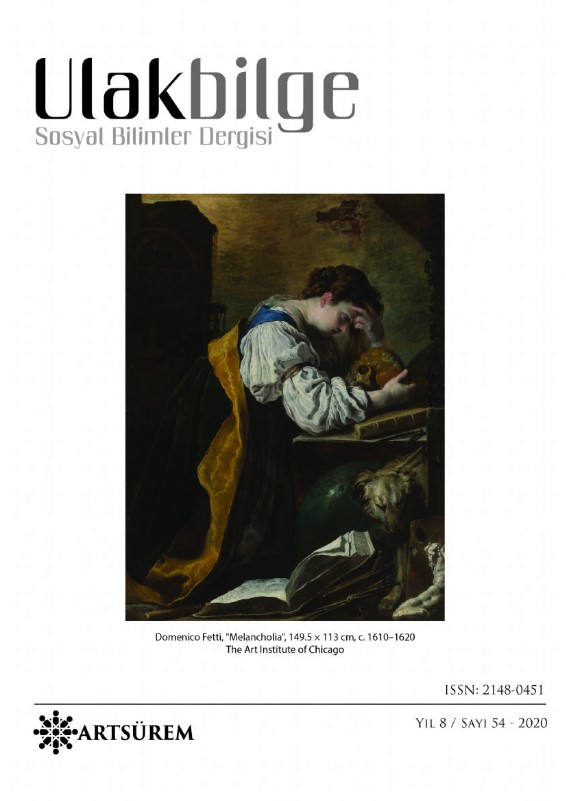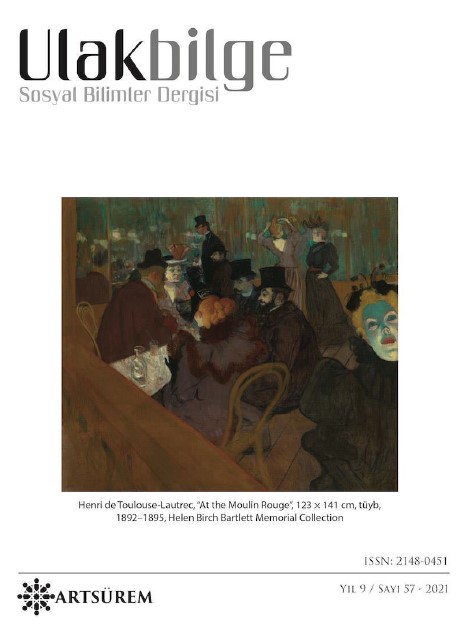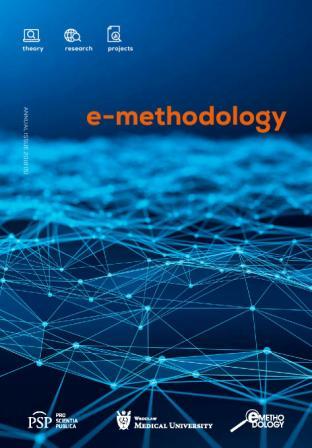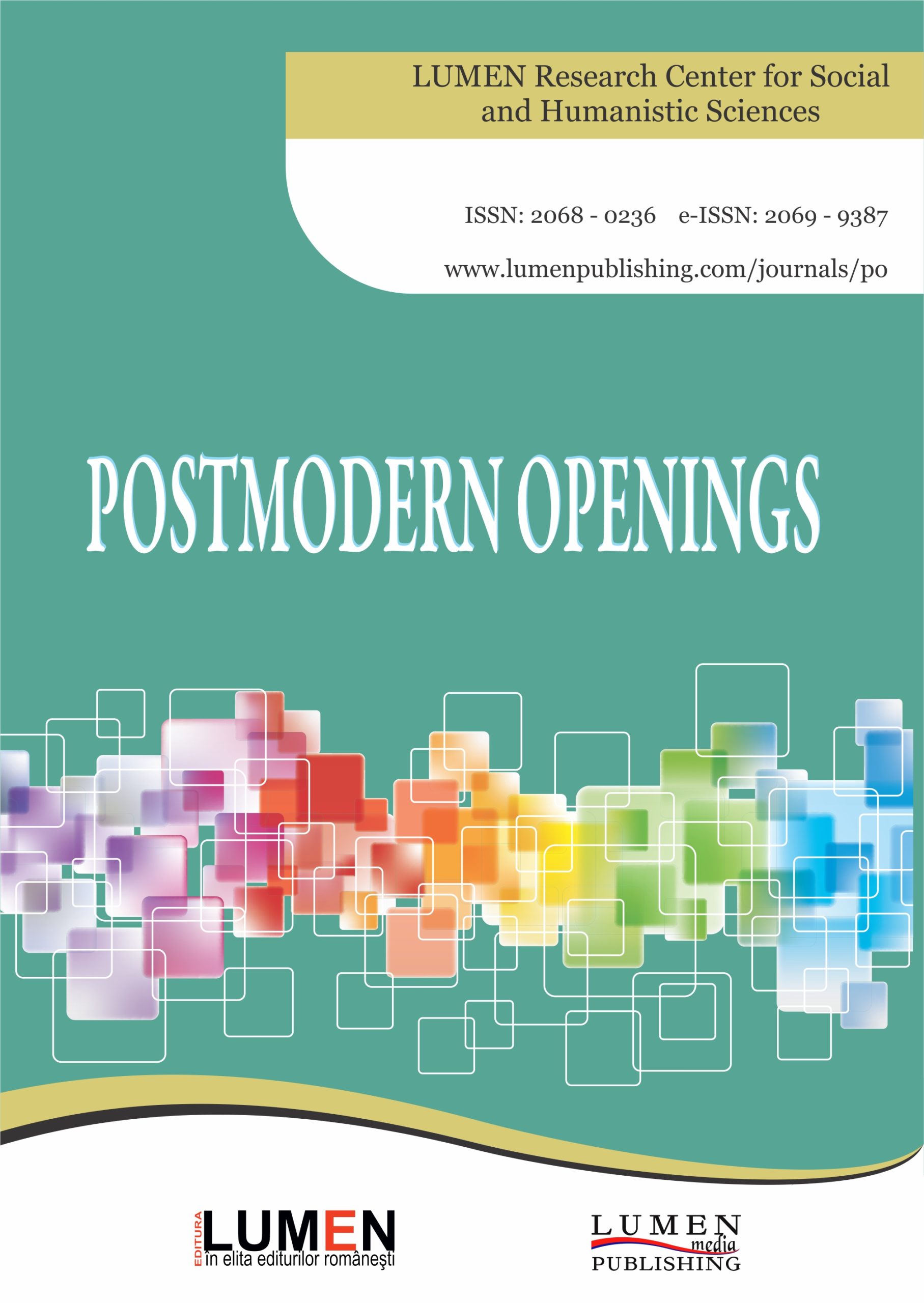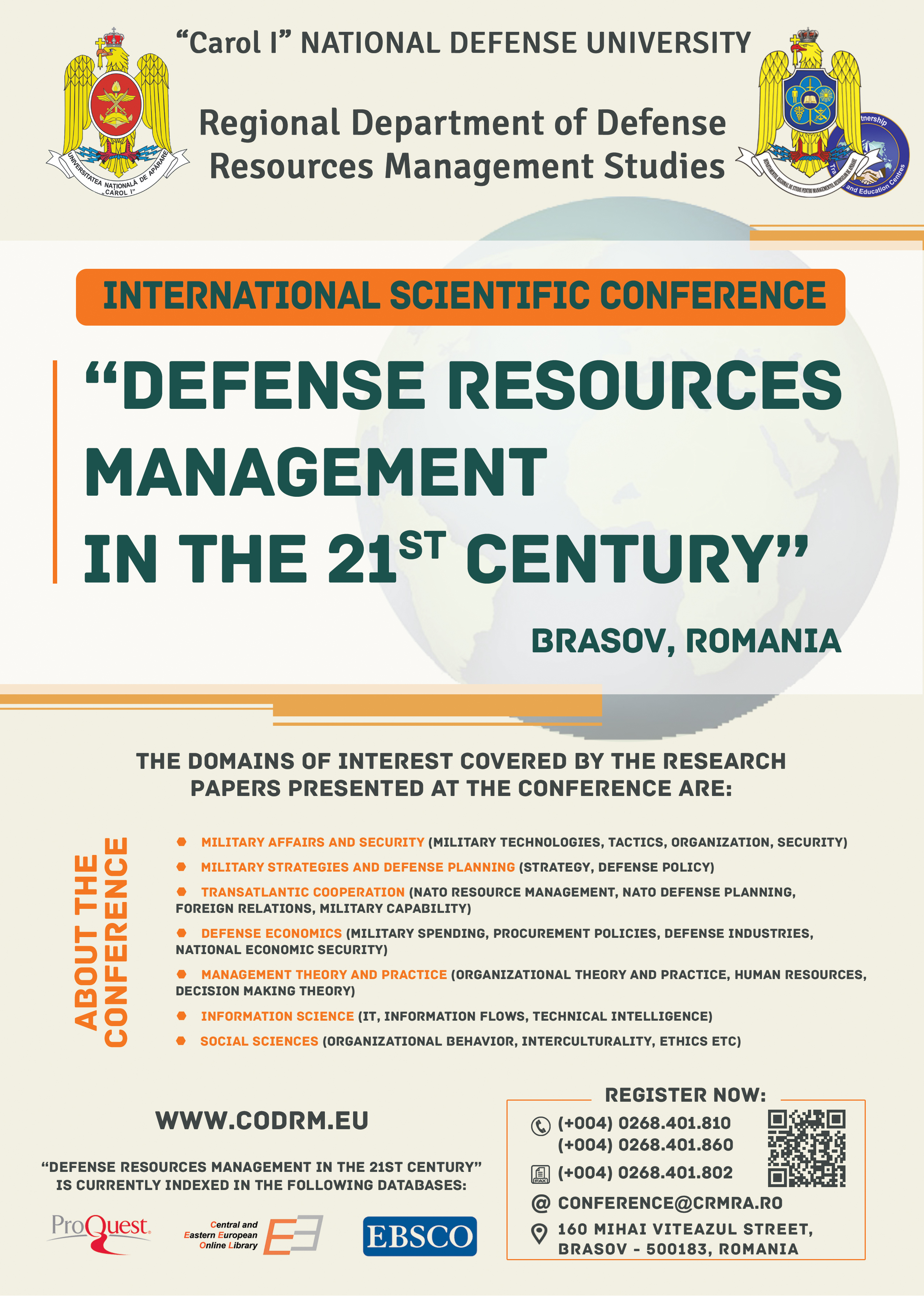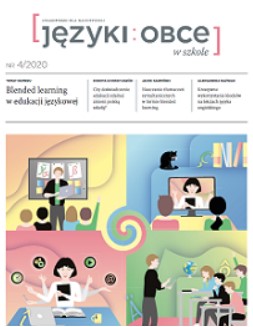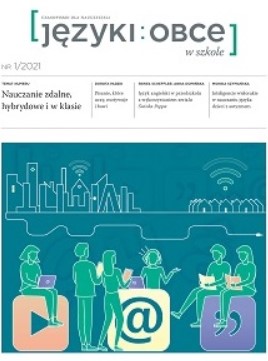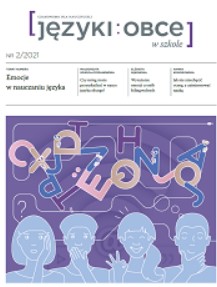E-LEARNING TOOLS FOR TEACHING AND LEARNING
The impact of IT in real life is translated/moved also in education by “e-learning” that means the use of multimedia technologies and Internet or using the virtual learning environment. The tools for e-learning are very divers and must be known of the educators for using them in a proper way in a teaching and learning process, student-centred, for having at the end a real transformative learning process.
More...
